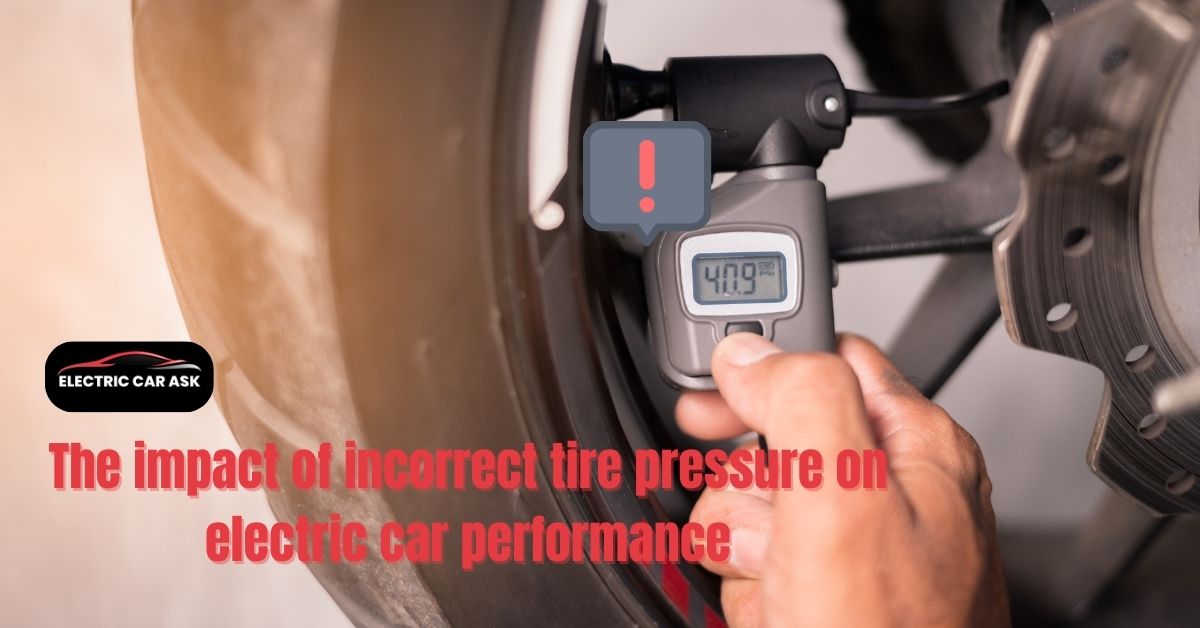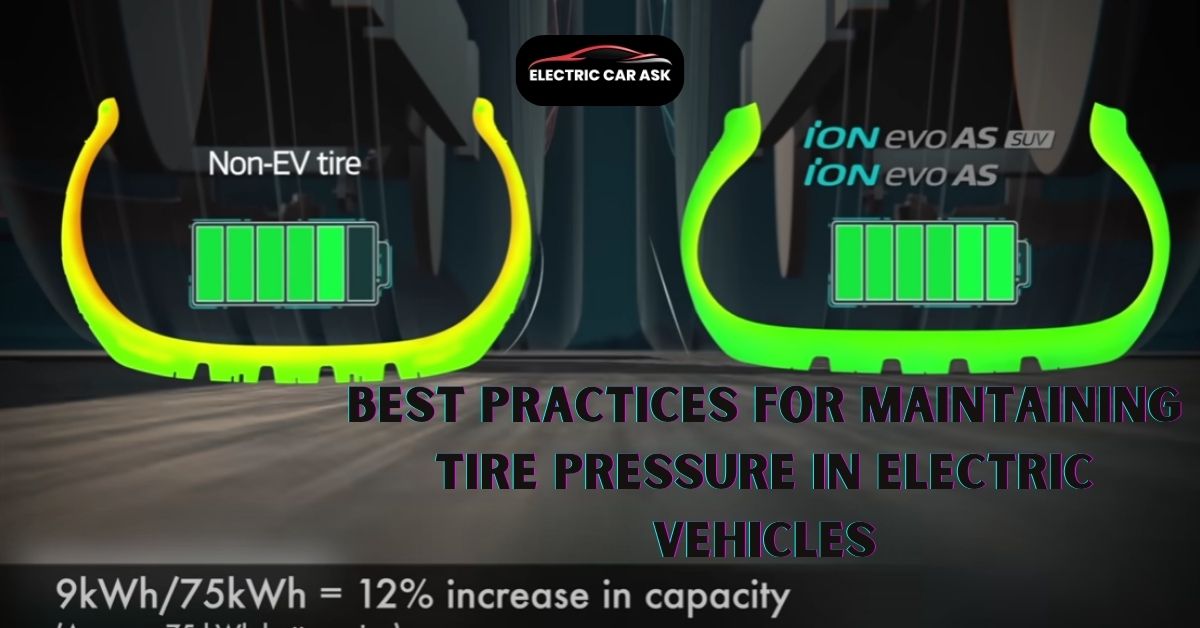How Much Does an Electric Car Battery Weight? The weight of an electric car battery is a topic of interest for many individuals exploring the world of electric vehicles. Many are curious to know especially those who wanna explore the world of EVs. Usually, an electric car (EV) battery weighs around 454 KG (1,000 Ibs). A few models also weigh up to 900 KG (2,000 Ibs) Knowing the weight of an electric car battery has an important impact on various aspects of the vehicle’s performance and functionality. Let’s know the influence, and comparison between traditional internal combustion engine cars, and shed light on the advancements in battery technology.
What is the car battery actually for?
Electric car batteries serve as the power source for electric vehicles by converting stored electrical energy into power. The power propels the vehicle. Conventional cars rely on fuel combustion. On the other hand, electric cars utilize the electricity taken from batteries to generate motion.
Weight of Electric Car Batteries
Lithium-ion batteries are known as high-density batteries. They are actually the most commonly used battery type in electric vehicles (EVs). So, you can say that battery chemistry affects the battery weight. On the other hand, the capacity of the battery pack directly influences the weight. The capacity of a battery is measured in kilowatt-hours (KW-h). Higher capacity batteries offer longer driving ranges and tend to be heavier. The physical size of the battery pack affects its weight, which you already can see. The larger battery packs designed to accommodate more cells and increase capacity, naturally weigh more.
Different types of batteries such as lithium-ion, nickel-meral hydride (NiMH), or solid-state batteries have different weights. Each battery has its own characteristics, unlike others. Some are lighter or more compact than others.
The materials used in the battery cells like electrodes, separators, and electrolytes contribute to the overall weight. Advanced battery technology optimizes the material composition to reduce weight and maintain performance as well.
Final Words
Electric car batteries generally weigh depend on internal combustion engine cars due to their higher capacity and energy density requirements. However, advancements in battery technology are continuously striving to reduce weight while enhancing performance and driving range. As the electric vehicle industry progresses, lighter and more efficient batteries will contribute to the widespread adoption of electric vehicles. That’s all about the topic ‘How Much Does an Electric Car Battery Weight?’. Now you know all the information about the electric car battery and what influences its weight. Hope, you know all your queries related to EV batteries. That’s all. Happy Driving!

Read Related Blog Also:
- How is an Electric Car Battery Made?
- What Happens When an Electric Car Battery Dies?
- What Happens When Your Electric Car Battery Dies?
- What Happens to an Electric Car Battery When It Dies?
- How Much Does it Cost to Replace an Electric Car Battery in the UK?
FAQ
How much does an electric car battery weigh compared to a traditional car battery?
Electric car batteries tend to be heavier than traditional car batteries due to their higher capacity and energy density requirements.
Are advancements in battery technology contributing to weight reduction in electric car batteries?
Yes, ongoing advancements in battery design and manufacturing are aimed at reducing battery weight while maintaining or increasing energy density.
How does the weight of an electric car battery affect the driving range of the vehicle?
Heavier battery packs can potentially reduce the driving range of electric cars.
What can we expect in the future of electric car batteries?
The future looks promising, with ongoing research focused on improving energy density, reducing weight, and developing alternative battery technologies to enhance the performance of electric vehicles.



